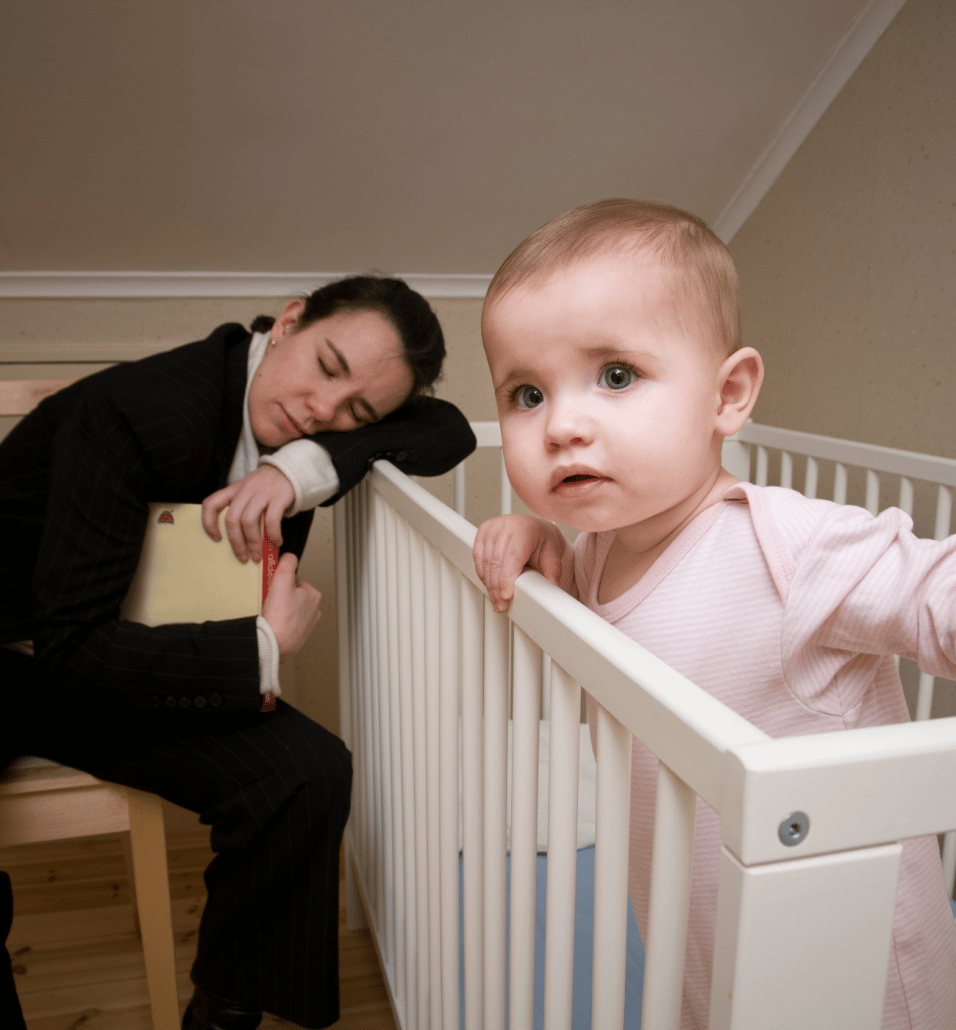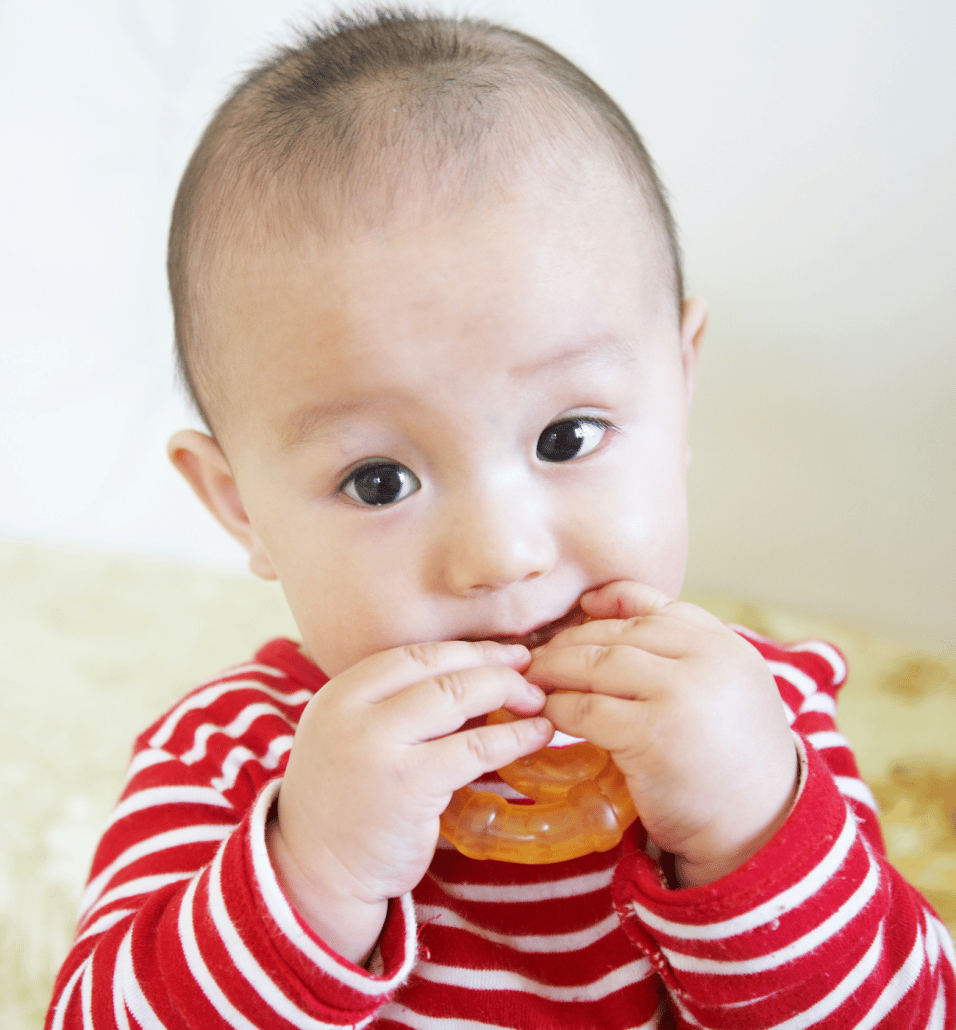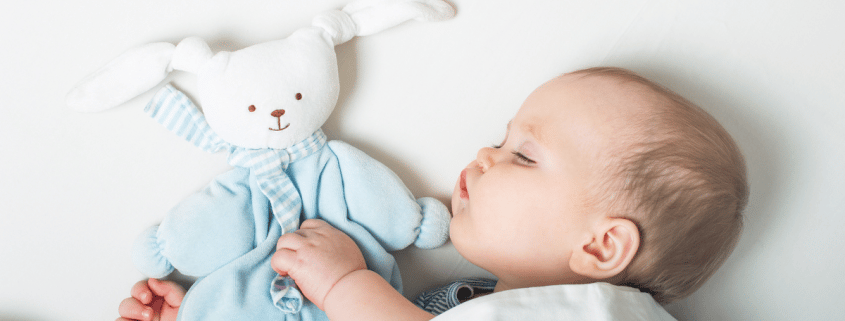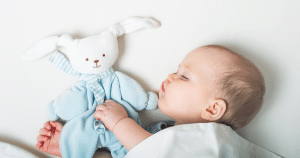Sleep Regression at 12 Months
Today, we are joined by Cate Hope from Peaceful Nights- our exclusive sleep consultant in Maidstone – to bring you this article about the 12-month sleep regression.
Cate answers our questions on sleep regression at 12 months.
In this article:
- What is a Sleep Regression?
- What’s Unique About the 12-Month Sleep Regression?
- What are the Signs of the 12-Month Sleep Regression?
- 12-Month Sleep Regression Survival Tips
- Could it be Teething, a Growth Spurt or a Regression Disrupting My Baby’s Sleep?
- Will my Baby have a 12-Month Nap Regression?
- How Can I Reassure My Baby Without Getting into a Bad Sleep Routine?
What is a Sleep Regression?

Sleep regression is a term that describes disruptions and setbacks in your baby’s sleep.
The main sleep regression happens at around 4 months old, although because babies all develop at different rates, it may happen any time from 3 months to 5 months.
Some babies also experience a 6 month sleep regression.
Before then, your baby’s sleep consisted of either active sleep- where your baby’s sleep is light (they might move around a bit or flutter their eyes), or deep sleep- that lovely out-for-the-count baby sleep where nothing can wake them.
The 4-month sleep regression is the transition to adult sleep when your baby starts going through sleep cycles as we do as adults, which is a big change.
The sleep regressions after that are to do with changes in your baby’s development and (luckily!) don’t always happen.
If your baby has already got into good sleep patterns and has established healthy sleep habits, you may find that they don’t suffer from sleep regressions and will continue to sleep through the night.
But if your baby is used to being cuddled to sleep, rocked to sleep, or fed to sleep, then when they transition from a light to deep sleep, they’re going to need your help to get back to sleep again.
This is because their method of falling asleep involves a lot of help from you. If a baby can fall asleep on their own at bedtime, it means that when they come into a light sleep in the night, they can fall back to sleep without help.
What’s Unique About the 12-Month Sleep Regression?

So, what is unique about sleep regression at 12 months?
The 12-month sleep regression is all about developmental milestones, and at around 12 months, a lot of babies will be thinking about starting to walk.
They might just be pulling themselves up, or they might already be running around, but this is a very new time for them. They may be starting to experience separation anxiety. This is often coupled with a change in sleep needs, and dropping down to just one nap a day, so a lot of big changes in your little person’s life.
All of this can disrupt sleep.
Often, once babies learn their new skill, they naturally settle back into a good sleep pattern, and you won’t have to worry about correcting anything, but sometimes these changes in sleep patterns cause a long-term problem.
What are the Signs of 12-Month Sleep Regression?
Your baby might have trouble falling asleep for naps and at bedtime, resist their naps completely and start waking in the night.
If they were already waking in the night, you may have more frequent wake-ups.
This is all very frustrating because by 12 months you’re probably hoping that the ‘little baby’ nights are over and that you’ll be starting to get a bit more rest.
12-Month Sleep Regression Survival Tips
We know that navigating a sleep regression can be hard- so below are some survival tips that may help to reduce the amount of nighttime disruptions.
For more tips on this, you can check out our article Simple Steps to Helping Your Child Sleep.
Establish a Routine

Having a good routine in place at bedtime and making sure your baby has the right amount of sleep during the day can help your baby to fall asleep more easily at night time.
Work Out What Naps Work for your Baby
Remember that some babies will keep having 2 naps a day until they are 15 months old.
See what works best for your baby.
It is important to not let your baby sleep too much during the day, or to let them get overtired, as this can affect the quality of their nighttime sleep.
Speak to your Health Visitor

Establish that nothing else is wrong with your little one (check with your Health Visitor if you’re in doubt!).
Make Sure Your Baby is Well-Fed
Make sure your baby is well-fed during the day, you might have to add in extra snacks and milk if they’ve just started walking and are using more energy than they were.
Be Consistent
At bedtime, repeat the last parts of your bedtime routine every night, (it’s fine to bath your baby every other night if that works better for you) and try spending 5 minutes quietly in your baby’s room reading books to them.
You can play a gentle game if they don’t enjoy books just yet.
A massage can be helpful before bed too.
Make sure you put your baby to bed awake so that they’re falling asleep independently- if they can already do this they might not even have the sleep regression!
Could it be Teething, a Growth Spurt or a Regression Disrupting My Baby’s Sleep?

The million-dollar question! Whodunnit? Teething, growth spirt or sleep regression at 12 months?
As parents, I think we all feel that panic when our little ones wake in the night unexpectedly, and our first thought is that they might be in pain.
Have a think about how your baby has been during the day; did you see signs of teething? If you had to give your baby second helpings, and they seemed ravenous all day, then it’s probably a growth spurt causing the disrupted sleep.
Signs of teething include:
- Redness in the cheeks
- A high temperature
- Irritable mood
- Sore gums with redness
- Excess dribble
Babies shaking their head from side to side may also be a sign of teething, although it’s worth noting that this can also be a sign that your baby is anxious or self-soothing themselves to sleep.
You can expect growth spurts and teething pain to be over in a few days- in a week at the most, and this sleep regression will be over naturally in a few weeks.
Will my Baby have a 12-Month Nap Regression?
It’s a possibility, although some babies just regress at night. Occasionally babies get better sleep during the day as they are making up for less sleep at night. It might help to use the car or buggy if you can for your little one’s naps, until the regression is over.
How Can I Reassure My Baby Without Getting into a Bad Sleep Routine?
When your baby wakes in the night, try stroking them back to sleep. The main thing is not to get into bad habits.
Try to avoid taking your little one into bed with you or letting them fall asleep on you.
If you can avoid these things, then your baby could go back to sleeping well after two to four weeks.
If after that your little one is still waking, then they might have fallen into bad sleep habits, these can be overcome with sleep training.
Contact Cate from Peaceful Nights
If you’d like my help with your baby’s or toddler’s sleep, please go to www.peacefulnights.net
We recently shared an article on introducing toy rotation at 12 months if you would like to learn how to do it for your little one.
Cate Hope is an OCN qualified sleep consultant with over 30 years experience in childcare offering sleep solutions for bedtime, night time and day naps. She believes in tailoring her sleep solutions for each individual child and has successfully sleep trained hundreds of babies and toddlers. She is passionate about helping parents and their little ones achieve a good nights sleep.

















